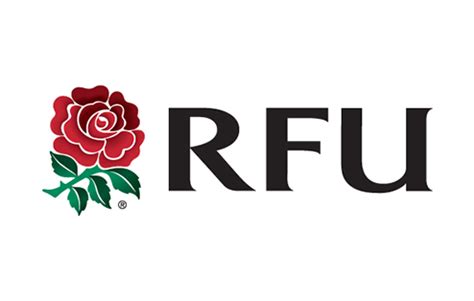Embracing Admin
As a rugby coach there are a myriad of things to consider. For many it is a full-time job, However for the amateur coach, with limited contact time with players and without the luxury of full-time staff, time must be carefully managed to maximise impact. In this post I will discuss how being on top of your admin can free up time, create clarity for players and bring ideas to life.
Freeing up time
In the typical week a coach might be involved in speaking with the club management, selecting players, organising training, arranging travel to matches and responding to any number of ad-hoc requests or situations. Having good systems in place means that issues can be dealt with before they become problems, and enables tasks to be shared across a coaching group effectively.
Examples of systems:
- Central shared database of players and contact information
- I use Google Docs, along with the RFU’s GMS System
- Central list of administration tasks shared across coaching / management group
- I use Trello a free app that allows several people to collaborate on tasks without having to have meetings
- Templated e-mails and standard patterns of communication
- I use Mailchimp
- A selection process that allows all squads to select from the available player pool
- I use Google Docs for this but plan to move to a better system soon
- Shared training resources and playbooks
- I use Google Docs
All of these tools have something in common: they are shared. The more processes are standardised the easier it is to share tasks across a group and still keep track of progress. By creating systems and sticking to them tasks become easier to delegate, furthermore decisions get documented and duplication of effort across well meaning coaches is reduced freeing up time for everyone.
Being on top of your admin also means that you are less likely to have a last minute surprise that derails plans and when something does come up knowing your processes and objectives can make it much easier to adapt your plans to cope with the situation and still achieved your desired outcomes.
Creating clarity for players
With one or two sessions a week every minute on the grass is valuable, players look to coaches for answers and mixed messages can create confusion and be counterproductive. Through being organised and having a shared understanding of session objectives with co-coaches and ensure that when called upon for answers your coaching unit can provide consistent messages to players. Consistent and clear messaging helps to create clarity for players, and builds confidence that the coaching team have a plan, and a strategy to realise it.
Having admin taken care of for players also allows them to focus on playing the game. Knowing that facilities and equipment will be taken care of gives players freedom to focus on their own personal preparations and enjoy their rugby. Additionally where players want to help support the club, establishing clear frameworks and responsibilities for how they can positively contribute ensures that their efforts are valued and constructive.
Bringing ideas to life
Ideas left to fester without actions can rot away, it is too easy for doubt to creep in and hesitation can sometimes mean the moment is gone. Ideas discussed and developed, however, can turn into tangible actions, experiments, and trials which can, in turn lead to further actions to bring ideas to life. Being on top of administration creates the time for experimentation and the tools to capture any outcomes.
Bringing ideas to life can be as simple as a small trial at training, a short phone call to a supplier, asking a club administrator about a new approach. Once this first action is taken sometimes the next steps become clearer, this process continues supporting an ongoing evolution in your impact as a coach on both the players and the wider club. Having several concurrent ideas being developed also ensures that you build resiliency to set backs, knowing that you have other irons in the fire to get excited about as a coach.
This is not to say all ideas are good, sometimes ideas lead no where, this is not, however, a negative outcome. There is value in failed ideas: experiential learning is a great way to gain knowledge as a coach. Through testing ideas we get vital experience even if they fail (perhaps especially if they do!) and it is much easier to discuss real outcomes from deliberate experimentation than hypothetical ones.
To sum up
Through having good systems and prioritising administrative work, an amateur coach can maximise their use of time to help provide clarity to co-coaches and players and evolve their club.





